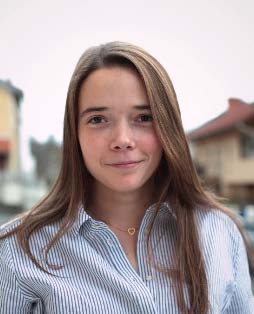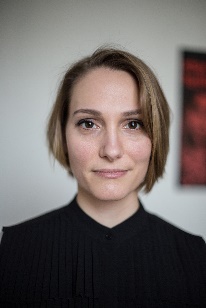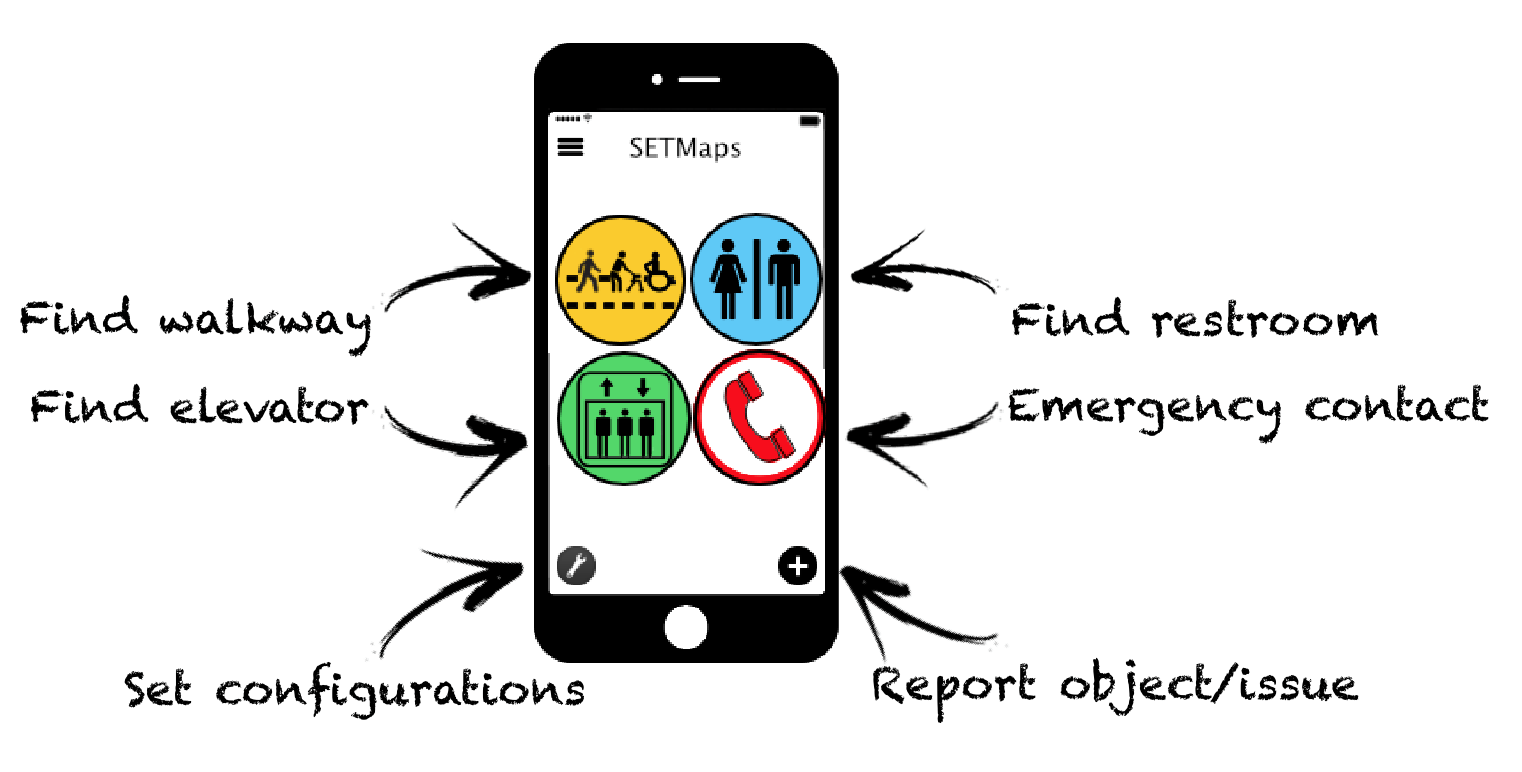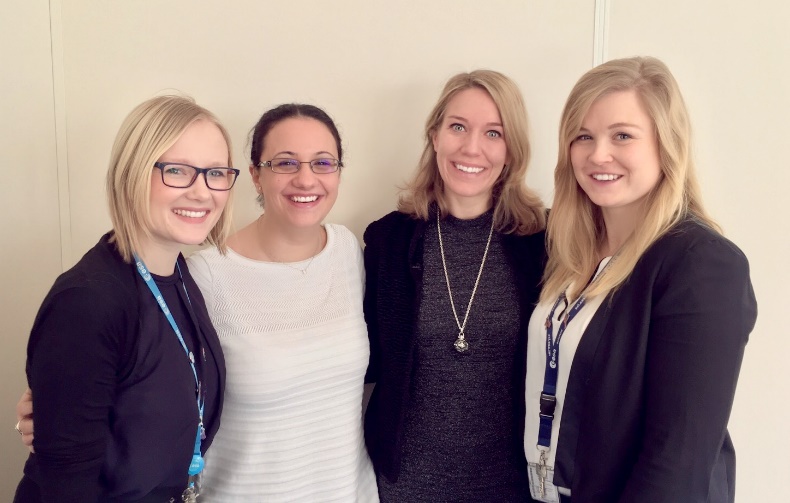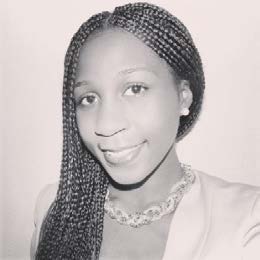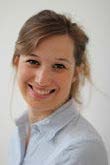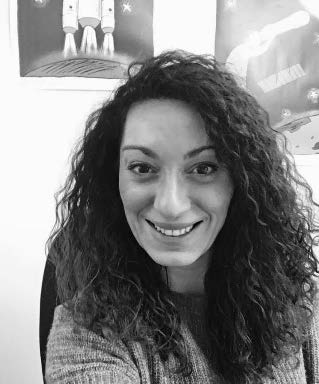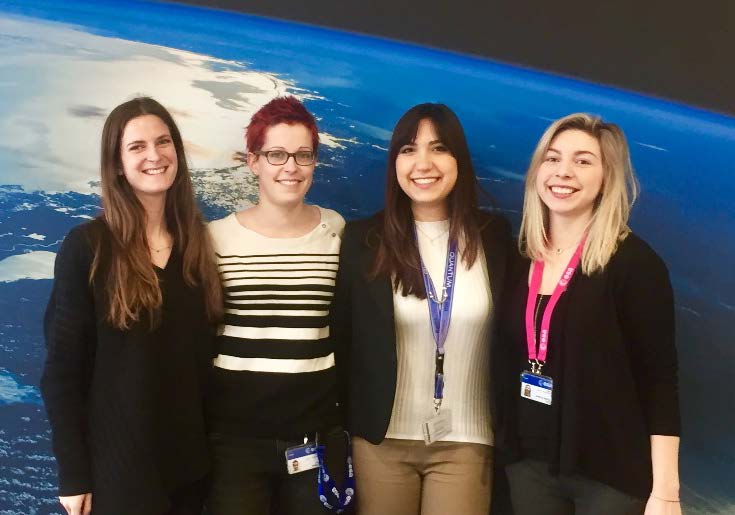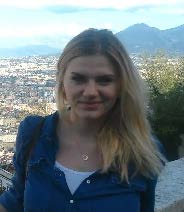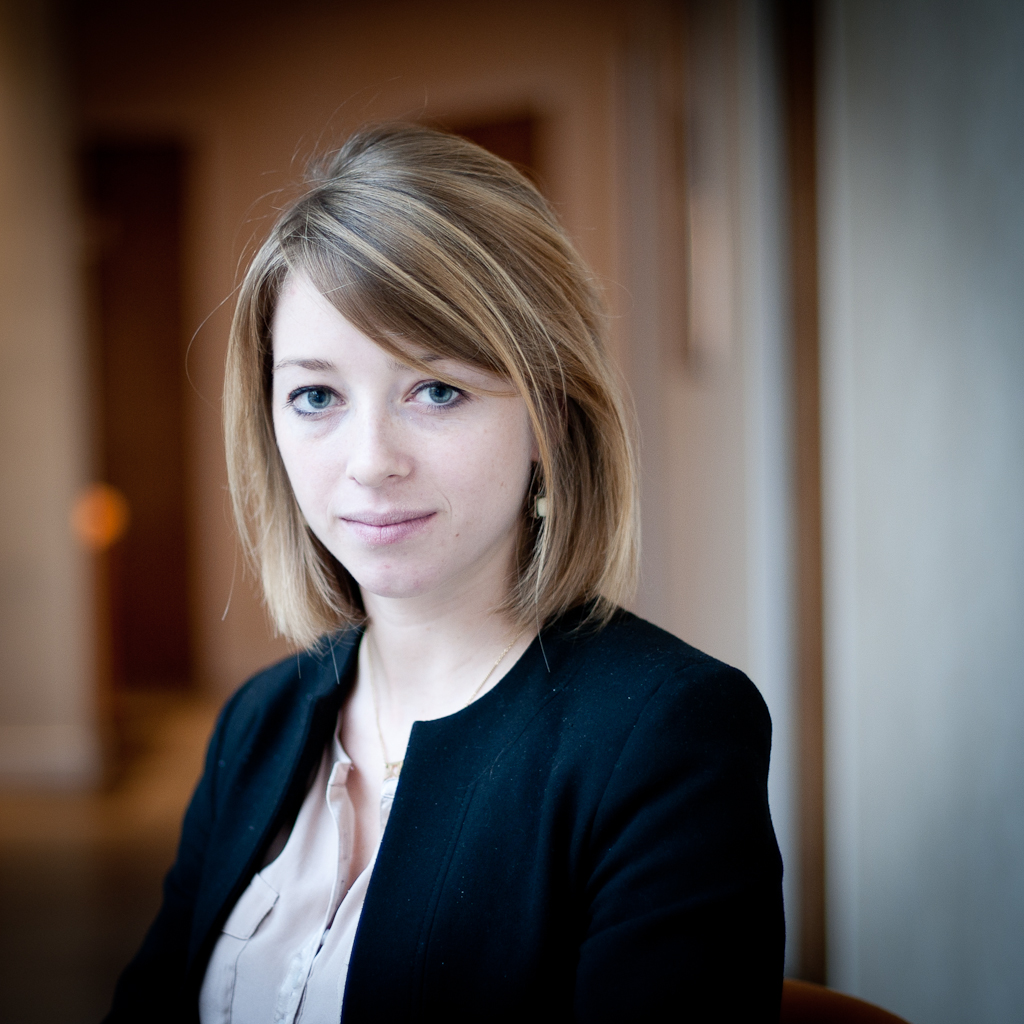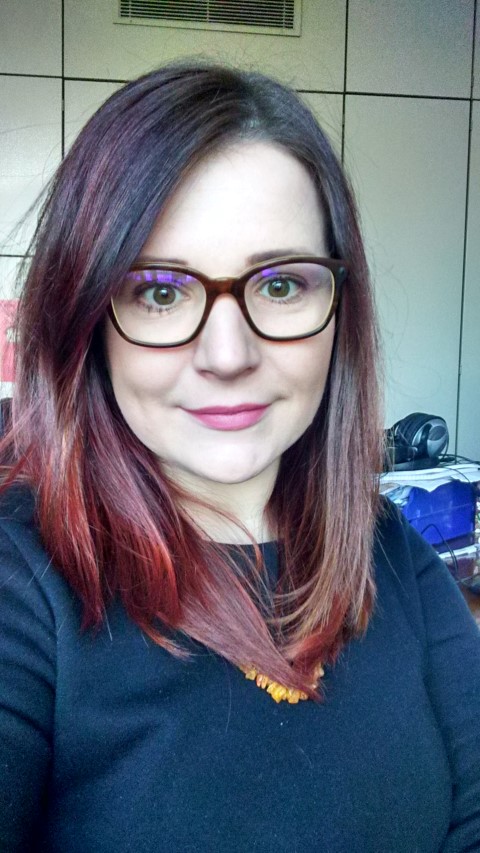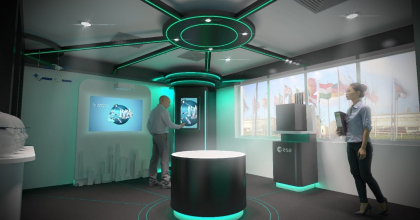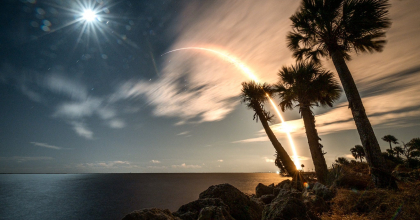On 10 February 2017, the winners of first ESA Female Young Graduate Trainee (YGT) competition, organised by TIA, were presented at the annual TIA Seminar. The participants were asked to propose an innovative satellite-based Application that would be sustained by collaborative economic models, which would involve the European industry.
Eight proposals, involving a large number of YGTs (22 in total) from all different ESA directorates and sites were submitted, and the Top 5 were invited to the TIA annual gathering.
The winning team was Agritech Groundwater Conservation Compliance Platform (AGCCP), which was submitted by Elisa Gallon (NAV-NMS) and Denise Carolin Huebner (DG-EUP). The proposed application is aimed at groundwater conservation, water usage, and compliance with EU environmental standards, whereby the optimal use of water for both farming and heavy industry would be estimated. The new service would combine gravity data with Earth Observation and Satellite Navigation data. TIA will be looking forward to promoting these new ideas and encourage the implementation with partners.

"Through this competition, the TIA directorate wants to make young female professionals in ESA more aware of and interested in the telecom sector and the TIA-run programmes, in particular, Integrated Applications," says Magali Vaissiere, TIA Director. "The long-term goal is to increase the number of female professionals in these domains where they are still few, whether at ESA, with the operators, or in industry."
"This initiative is a very nice example of what can be concretely done, within existing programmes, to develop awareness of female talent for a variety of ESA activities, and contribute to greater diversity in ESA and in the sector. It was also an opportunity for multi-directorates teamwork" says Valerie Kayser, Head of ESA’s HR Competence and Policy Centre.
The winning team has been invited to attend the next ARTES Applications Workshop, which will be held in Germany in the autumn, where team members will learn more about the Integrated Applications programme, meet important players in the field and present their proposals to raise interest among industry partners.
The first edition of this competition is a success in view of the number of participants and the quality of the contribution. On this basis, follow-up editions will be organized contributing further to the objective of attracting more female professionals to ESA, D/TIA and/or space related careers at operators or in industry. We are looking forward to it!
For more information please contact:
Khalil.kably@esa.int
TIA Change Initiative Project
The TOP 5
1st place: Agritech Groundwater Conservation Compliance Platform (AGCCP)
Denise Carolin Huebner, DG-EUP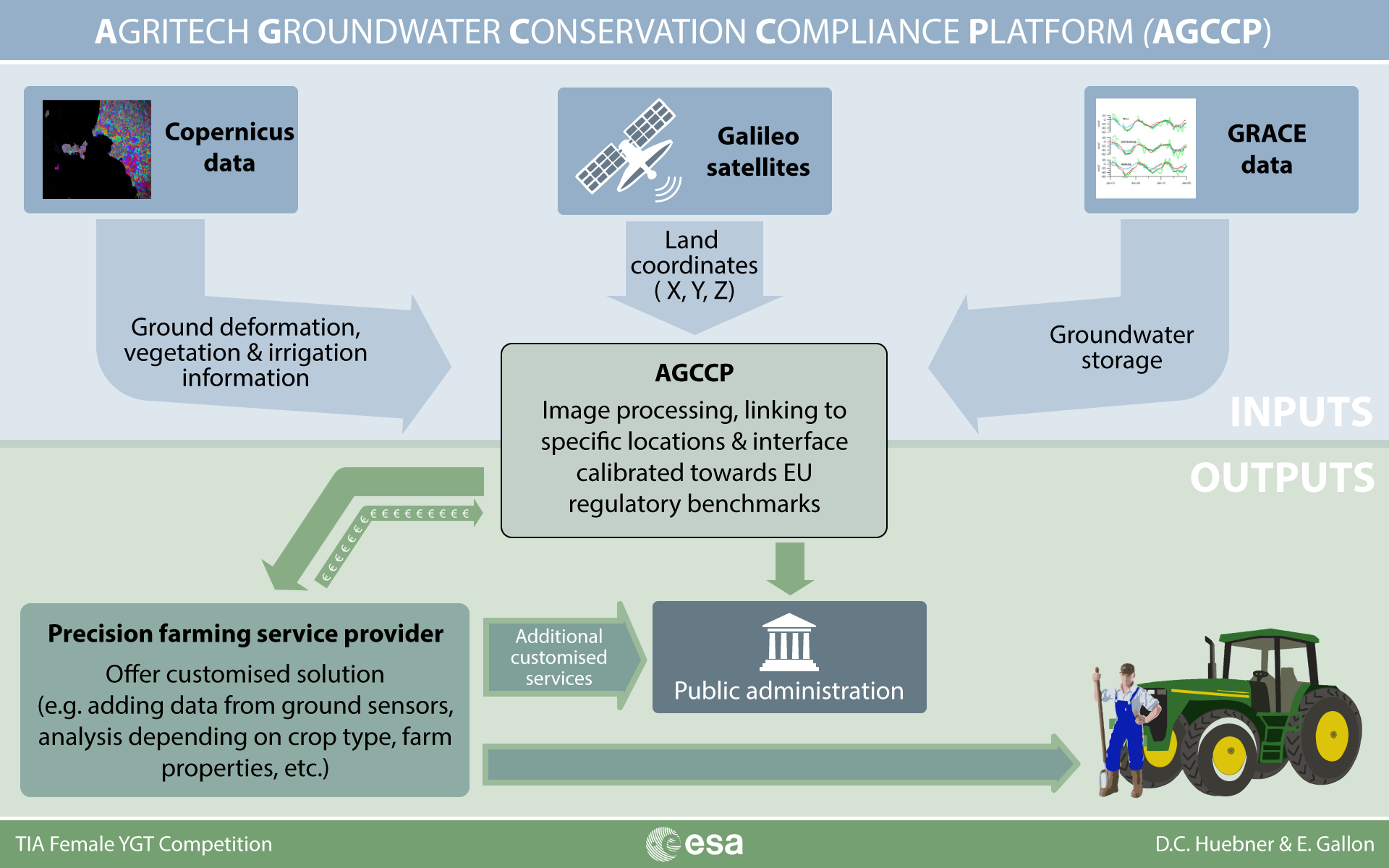
Elisa Gallon, NAV-NMS
This proposal combines new satellite data on groundwater levels, with EU regulatory standards and emerging market opportunities in the agricultural sector. For ten years the EU’s Framework Water Directives have been setting regulatory benchmarks for extraction/recharge balances of groundwater resources. The AGCCP combines the resulting publicly available data, with NASA’s gravitational data estimating groundwater quantities and Copernicus’ data on ground surface changes and vegetation. Aligning this information with the EU’s funding priorities for the market uptake of Copernicus and Galileo in sectorial EU policy areas, it identifies agriculture as both, a water-intensive sector and an emerging market for space-based services. Using Galileo, the AGCCP offers ready-to-use, farmland-specific data to public administrations for monitoring compliance with EU standards and to new market players, who can use it to provide customised services to agricultural businesses.
2nd place: SETMaps
Maria Grulich, DG-IP
Ioana Josan-Drinceanu, TEC-EDD
Evelyn Simmler, HIF-FC
Chabely Pollier, SCI-FMA
The proposed application shall improve the daily life of people with special needs. GPS can be used to determine the location of the users together with satellite images. SETMaps can provide walkways that are easy to access and walk or roll on. Together with Sentinel data, which is used to investigate the current street conditions, including road work, Google maps and information about how fast the user can walk, a good road suggestion shall be given.
Secondary information, like where are the next restrooms located as well as elevators or escalators, shall be included on the basis of existing city maps and information provided by the user itself. Optional functions like including an emergency contact in cooperation with emergency call service providers should be included as well. SETMaps combines often left out user groups together with daily needs.
3rd place: GLOCAL
Annalisa Donati, IPL-IP
Caroline Thro, IPL-PLL
Micky Elanga Yangongo, DG-SG
GLOCAL (Think Global, Act Local) is an innovative way of dealing with waste management focusing on green growth and circular economy. GLOCAL empowers citizens to become responsible actor of the green transition. GLOCAL aims to put space technology to the service of European businesses in their need to abide by the Energetic transition. GLOCAL enables big cities to align with the proposed EC guidelines for smart cities in the framework of the Internet of things. Starting with a pilot phase in Paris, the app targets big cities, where the so called door-to-door approach is not efficient.
GLOACAL scenario envisions localised smart bins equipped with sensors enabling to report residual capacity drawing intelligent waste collection routing to garbage companies, accordingly. In addition, through a smartphone app end-users will see real time information updating their personal account with recycled materials (plastic, organic, paper, glass and metal). Financial incentives to citizens represents a core part of the project. GLOCAL is enabled by SatNav and terrestrial networks.
4th place: Fluke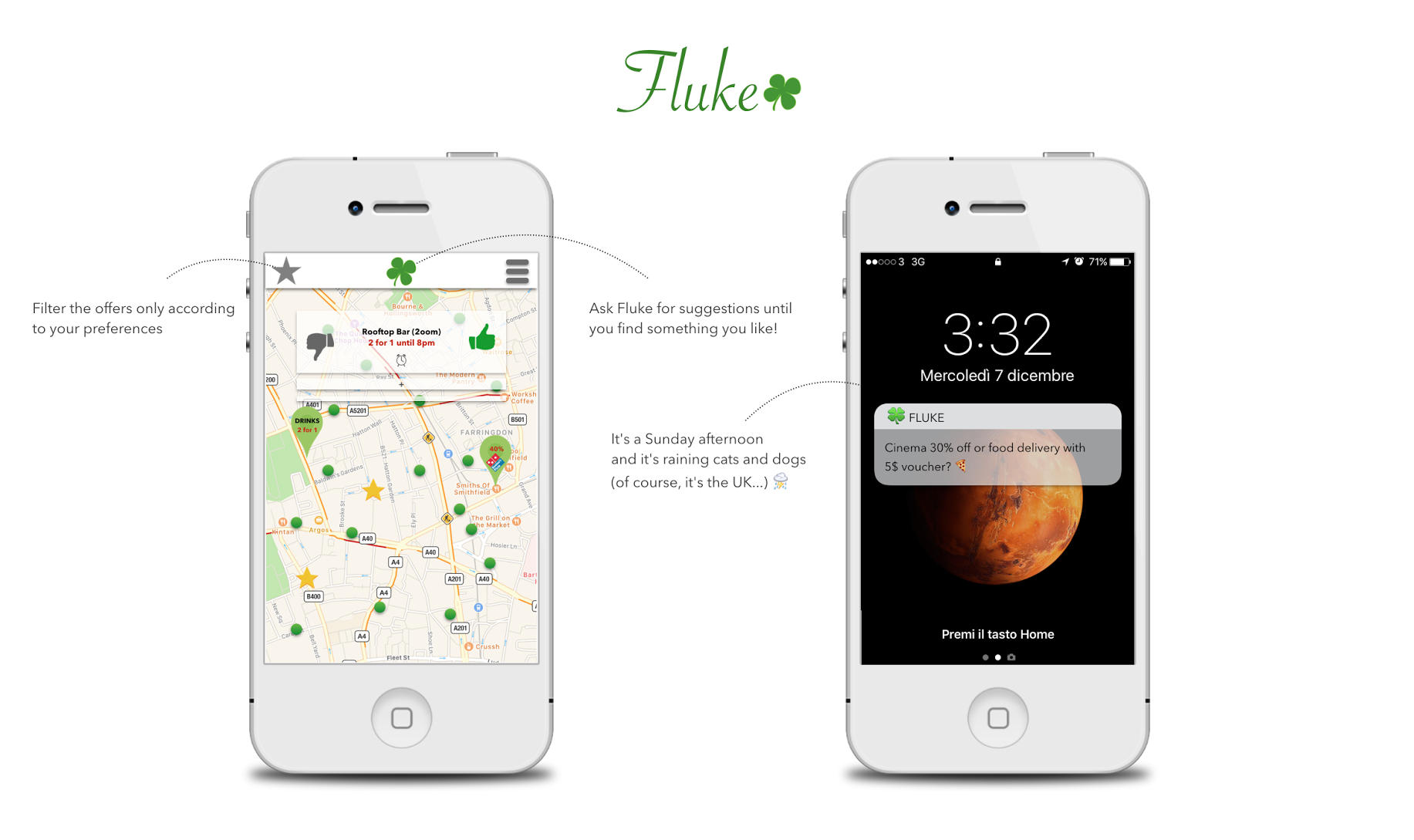
Alexandra Gravereaux, EOP-CC
Fanny Jeanneret, EOP-SEC
Silvia Fedi, TIA-PYL
Vanessa Pepe, TIA-AM
We’re moving towards a world where calendars, fed by applications, rule our daily lives. There’s no more room for positive surprises and chance encounters happening in the real world. What if we managed to engineer serendipity?
At Fluke we bring positive surprises into people’s lives by using big data. Our app makes this possible by suggesting the best, often unexpected, things to do in town whilst saving your money. Increase your happiness levels by doing activities such as going to restaurants, cafes, cinema and museums: join our positivity movement!
Are you interested or know someone who would be? Get in touch with Vanessa and Fanny, and embrace the serendipity effect.
5th place: SmartSpace
Magdalena Fitrzyk, EOP-SA
Laure Boudinaud, EOP-SA
Iwona Podsiadlo, EOP-GMQ
The scarcity of parking spots in the city centre can be a nightmare for those who live in the strict centre and for those who visit it occasionally for business, shopping, dinner or cultural event. The goal of the app is to help the large community of people who are in need to use their cars in the city centre to find parking space instead of searching for a free spot for hours. The idea is based on the use of a predictive model, providing information on the probability of finding parking slots within the area of interest. Satellite EO data together with SatNav data is used to mark the location and typical occupancy of parking spaces, which in combination with a predictive model enables generation of a probability map. The model will be supported by environmental and crowd-sourced data. Beside the main benefit for the end user this application will also have utilitarian mission – thanks to the channelled and smoothed traffic the CO2 emission in the city centre could be reduced. This will have significant impact on the living conditions in the most crowded city zones.



